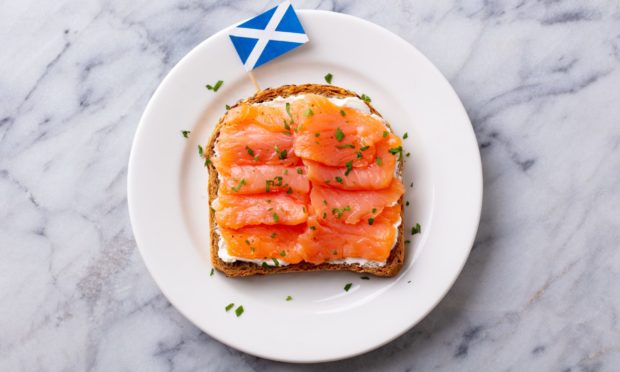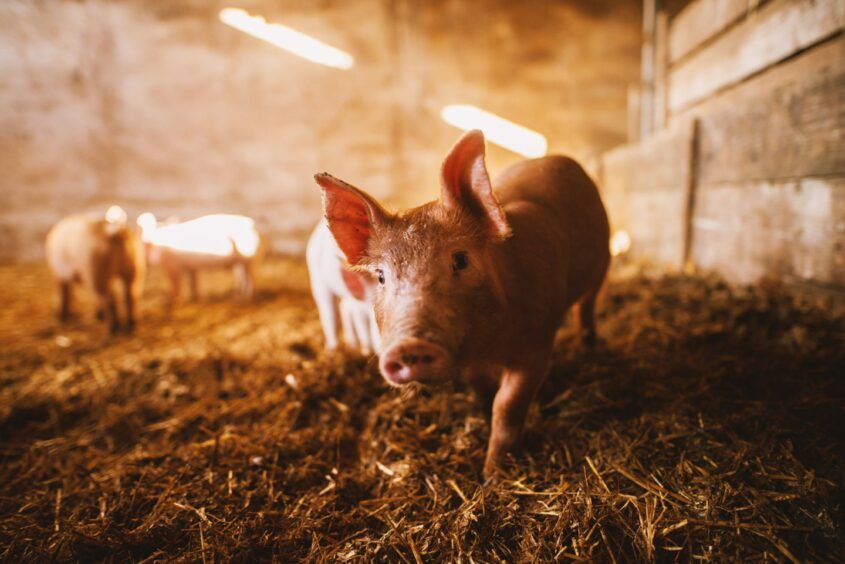The latest trade figures from the European Commission confirm the post-Brexit plunge in agri-food exports from the UK to the EU 27.
The figures, which cover the first six months of this year, again show EU agri exports continuing to rise while imports dipped, adding to the already positive balance of trade the EU enjoys.
The biggest growth market for the EU was the United States. Trade there – particularly for wines and spirits – has bounced back after the trade dispute over European subsidies for Airbus.
Overall EU exports were up 6% year-on-year while imports fell by 1%.
Exports to the UK, led by pigmeat, were down 2%, but the Commission says these recovered from March onwards.
But trade from the UK to the EU plunged and was down by 30% across all commodities. In June alone imports from the UK were 18% down on June 2020.
There has been a cool reaction in the EU to suggestions that workers there might come to the UK for three months to head off a crisis in the food industry’s preparations for Christmas.
The UK Government concession on visas will apply only until Christmas Eve and is for 5,000 workers in the poultry industry.
However, there is no evidence people are available or want to take up the positions, unless conditions are made significantly more attractive than for existing UK employees.
People with the skills needed are also wanted in the EU, where they have the security of long-term employment rather than emergency visas.
The same applies to HGV drivers, suggesting the government’s efforts to “save Christmas” may need a rethink. There has also been criticism from other industries, most notably pigmeat, that the visa concessions apply only to the poultry sector.
Meanwhile, methane and livestock production are moving up the agenda as the COP26 climate change conference gets closer – this will put farmers in the firing line.
The European Parliament’s environment committee has called for mandatory methane output targets.
This would cover all sectors, including petrochemicals, but agriculture is the biggest source of methane in Europe.
COPA, the body that represents EU farm unions, has criticised the suggestion, claiming it would damage the livestock sectors and displace meat and dairy production to other countries.
COPA says it also fails the recognise the positive steps the industry is taking, including a 22% reduction in emissions from 1990 to 2018.
The EU and US will use COP26 to seek support for a methane pledge that includes a commitment to use science to tackle the problem via new feed additives and changes to production techniques.
- Richard Wright is an agricultural industry commentator.

